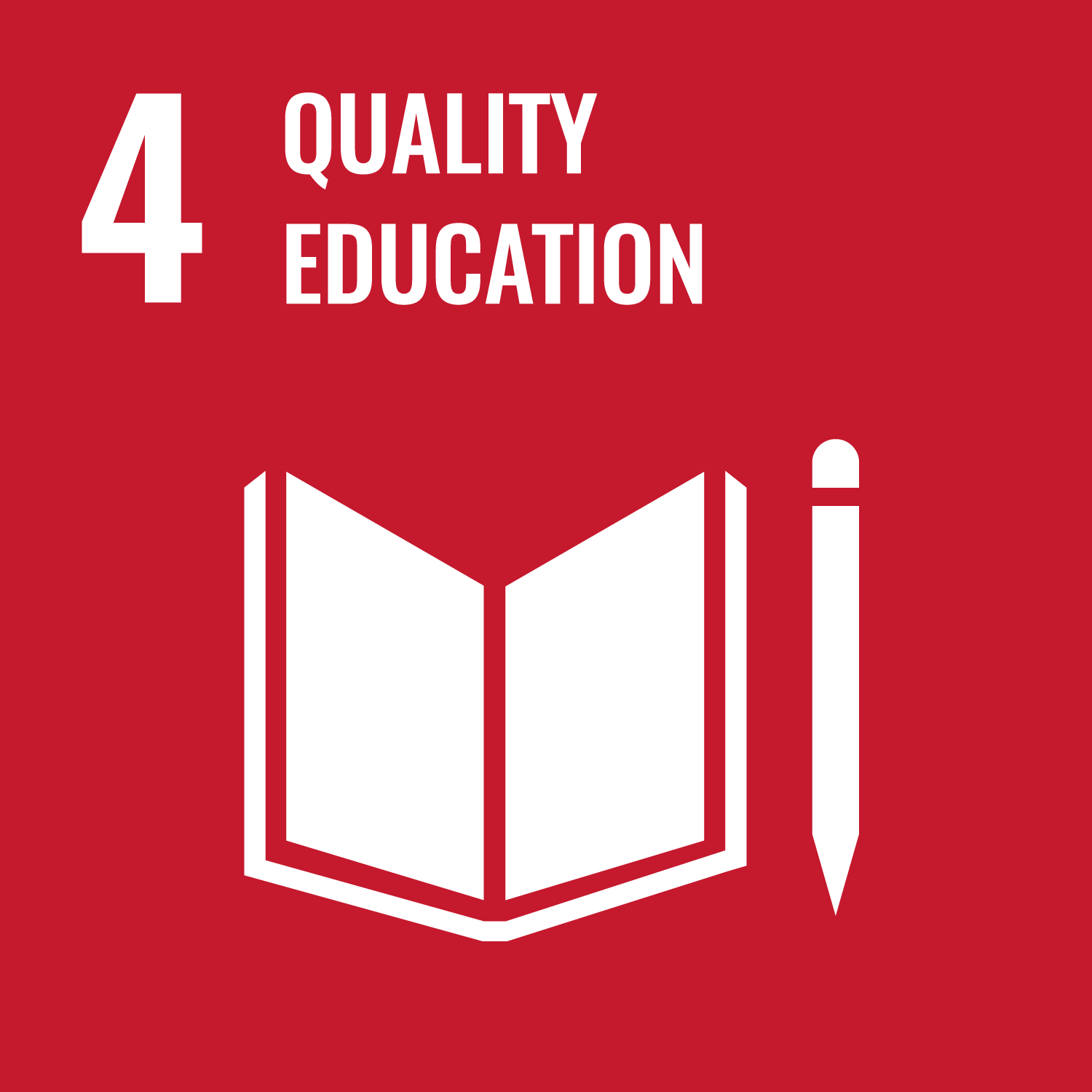ORCID
- Janet Kelsey: 0000-0001-8697-070X
Abstract
The paediatric population is the most vulnerable to exposure to environmental risk factors. Institutions of higher education have to equip nursing students with the attitudes, knowledge, and skills to respond to this using blended learning. The aim of this study was to evaluate the effect of e-NurSus Children intervention on student nurses’ attitudes, knowledge, and skills. A quasi-experimental study of time series was designed using pre and post educational intervention evaluation in 2018. The participants were nursing students (N = 267) from Spain (n = 110) and the United Kingdom (n = 157). Three instruments were used: the Sustainability Attitudes in Nursing Survey, the Children’s Environmental Health Knowledge Questionnaire, and the Children’s Environmental Health Skills Questionnaire. The attitudes (15.81%), knowledge (39.02%), and skills (29.98%) of nursing students improved following the e-NurSus Children intervention. It is necessary to include topics on children’s environmental health in nurse education as students are aware of this issue but do not have the knowledge or skills required to manage problems or illness caused by the environment. The e-NurSus Children intervention is an effective tool to address this educational gap.
DOI Link
Publication Date
2019-11-05
Publication Title
International Journal of Environmental Research and Public Health
Volume
16
Issue
21
ISSN
1661-7827
Acceptance Date
2019-11-02
Embargo Period
2020-09-12
First Page
4288
Last Page
4288
Recommended Citation
Álvarez-García, C., Álvarez-Nieto, C., Kelsey, J., Carter, R., Sanz-Martos, S., & López-Medina, I. (2019) 'Effectiveness of the e-NurSus Children Intervention in the Training of Nursing Students', International Journal of Environmental Research and Public Health, 16(21), pp. 4288-4288. Available at: 10.3390/ijerph16214288



